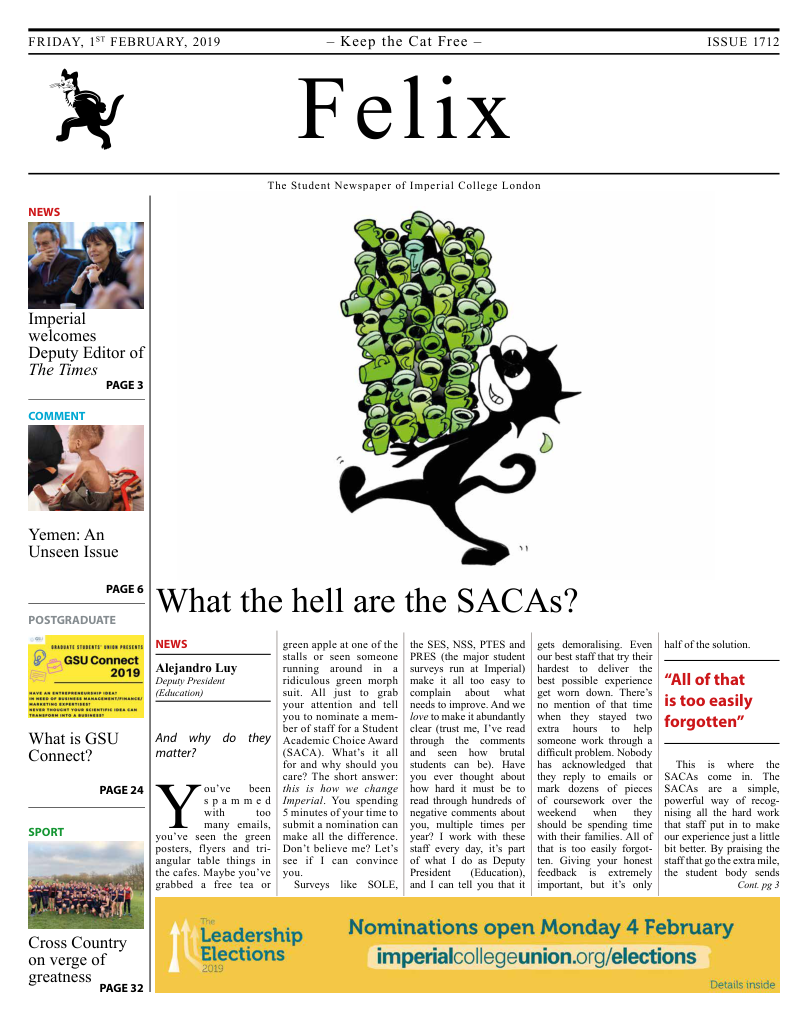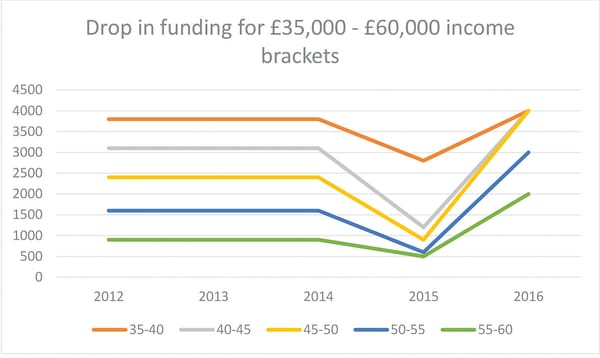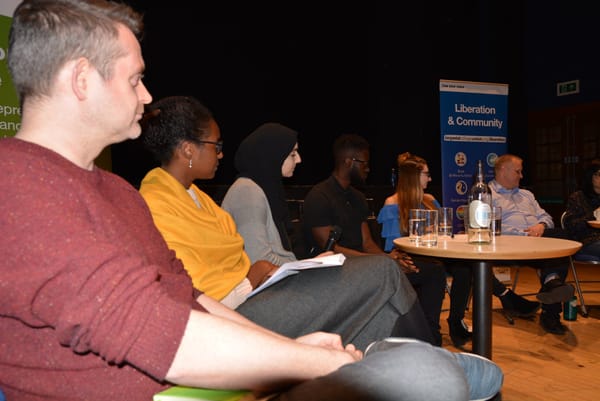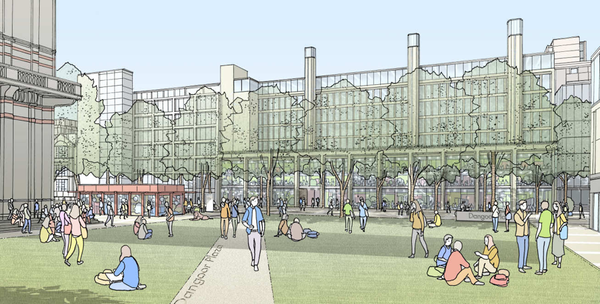Imperial welcomes Deputy Editor of The Times

Imperial played host to Emma Tucker, the Deputy Editor of The Times on Monday 28th January. After viewing a Data Observatory showcase in the Data Science Institute, Emma sat down with Felix for a brief interview:
Felix: How do you think fake news has affected your job or the job of being a journalist over the years?
Emma: Well I think, in a way, it clarified our role. Sometimes I say there’s never been a better time to be a journalist because our mission is so clear because, if you’ve got a lot of fake news being put out and you’re from a reputable publisher, your job is to tell the truth. Shine light on the truth, report accurately.
Do you have any advice to aspiring journalists?
My advice to aspiring journalists is do journalism. School, college, wherever it is that you are, try and get involved in whatever journalism is on offer and write. If you can’t get involved in a local paper or a student publication, write a blog. Just get used to writing and show your commitment because it’s a bit of a vocation, journalism. You’ve got to really want to do it.
What qualities would you say make the ideal student journalist?
Tenacity, a slight sense of mischief, curiosity and a slight pig-headedness. You’ve got to be stubborn, you’ve got to keep going.
What’s your opinion on the media’s role in Brexit?
I feel that it wasn’t the media’s finest hour. I think in many ways, we got to where we are because large parts of the British media didn’t report the European Union sufficiently correctly or even broadly enough. It was reported in a very trite, facile way and a lot of it was seen through a filter as if we weren’t part of it, as if it was somehow imposed on us and the end result was, I think, a lot of people were very ill-informed about the part we played in it. With some notable exceptions, not all the press did that but, by and large, it wasn’t treated seriously and I think Brexit could partly be blamed on that.
What are your thoughts on remaining relevant in the digital landscape and the future of print media?
The old legacy publishers have to embrace data journalism. You won’t find any serious newsrooms that don’t have a data team. It also opens up so many more possibilities for investigation, stories, analysis. A good data team can supply half your news list if they’re really on top of their game so I think it’s an exciting new branch of journalism.
In an increasingly globalised world, how do you decide which news to focus on?
That’s such a good question. I think people, by and large, want to read about what they know so, obviously, we give more priority to events that happened in the UK. I think you have to accept that you can’t report everything and, more often than not, if you’re picking out a foreign story, it’s got wider relevance. Obviously you’re still going to report catastrophes, events, accidents, earthquakes but, by and large, the sort of stories you choose to report will be because they’ve got some sort of relevance or broader point to make.









